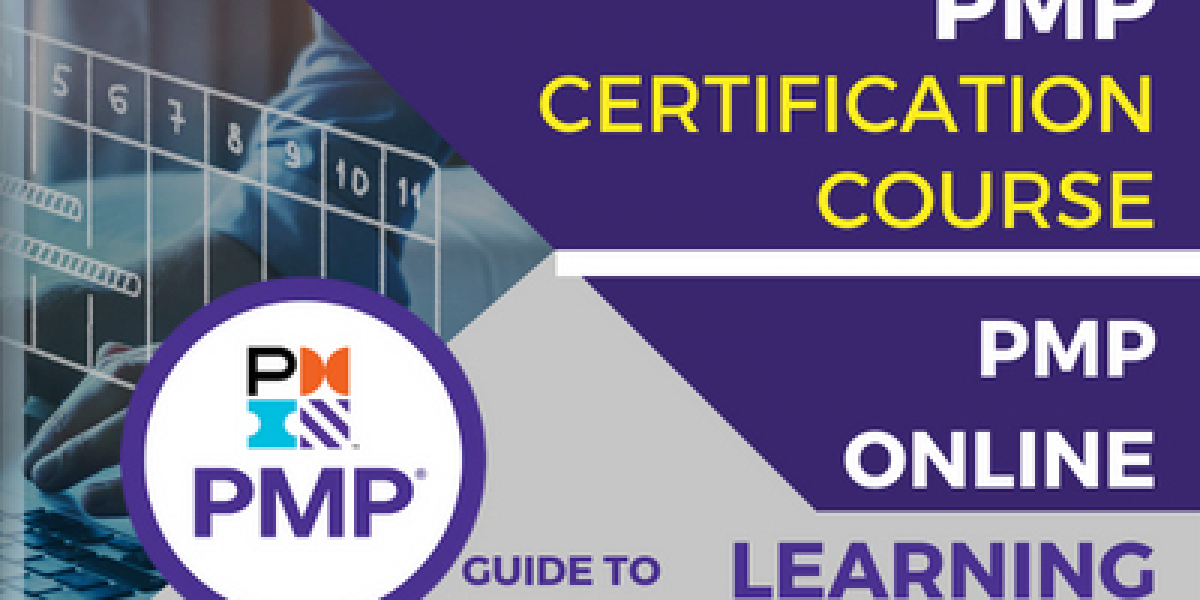In the ever-evolving landscape of project management, the Project Management Professional (PMP) certification stands as a beacon of proficiency and expertise. For those navigating careers in project management or aiming to ascend to leadership roles within their organizations, the PMP certification is often viewed as a significant milestone. However, the decision to pursue such a certification involves careful consideration of various factors, including the investment of time, money, and effort. In this article, we delve into the value of PMP certification training courses, exploring their worth and providing guidance on how to obtain this prestigious credential.
Understanding PMP Certification:
The PMP certification, offered by the Project Management Institute (PMI), is recognized globally as a mark of excellence in project management. It validates an individual's knowledge, skills, and experience in leading and directing projects. To attain this certification, candidates must meet certain eligibility criteria, including a requisite number of hours spent leading and directing projects, as well as formal education in project management. Additionally, they must pass the PMP examination, which assesses their understanding of project management processes, tools, and techniques as outlined in the PMI's Project Management Body of Knowledge (PMBOK) Guide.
Is PMP Certification Training Worth It?
Career Advancement: One of the primary reasons individuals pursue PMP certification is to enhance their career prospects. In many organizations, possessing a PMP credential is not merely advantageous but often a requirement for senior project management positions. Employers value the rigor and comprehensiveness of PMP certification training, viewing certified professionals as capable leaders capable of driving successful project outcomes.
Increased Earning Potential: PMP certification holders typically command higher salaries than their non-certified counterparts. Numerous studies have indicated that PMP-certified professionals earn significantly more on average than those without certification. The investment in PMP training courses can thus yield substantial returns in terms of salary increments and better job opportunities.
Enhanced Skillset: PMP certification training goes beyond exam preparation; it equips candidates with a comprehensive understanding of project management methodologies, best practices, and frameworks. Through these courses, individuals acquire valuable skills in areas such as risk management, stakeholder engagement, and project communication, which are essential for navigating complex project environments effectively.
Global Recognition: The PMP certification is globally recognized, providing credential holders with a distinct advantage in the job market, both domestically and internationally. Whether seeking employment opportunities in their home country or exploring roles in foreign markets, PMP-certified professionals enjoy a level of credibility and trust that transcends geographical boundaries.
Professional Network: Engaging in PMP certification training courses offers candidates the opportunity to connect with like-minded professionals and industry experts. These networks can be invaluable for career growth, offering avenues for mentorship, collaboration, and knowledge-sharing. Additionally, being part of the broader PMI community provides access to resources, events, and forums that facilitate ongoing learning and professional development.
How To Get PMP Certification:
Fulfill Eligibility Requirements: Before pursuing PMP certification, ensure you meet the eligibility criteria set forth by PMI. This includes documenting your project management experience and completing the required number of hours of formal project management education.
Select a Training Provider: Research and select a reputable training provider that offers PMP certification training courses. Look for providers with experienced instructors, comprehensive curriculum coverage, and a track record of success in helping candidates pass the PMP exam.
Attend Training Sessions: Enroll in PMP certification training courses and actively participate in the learning process. These courses typically cover key concepts, processes, and knowledge areas outlined in the PMBOK Guide, preparing candidates for the exam.
Study and Prepare: Dedicate sufficient time to self-study and exam preparation outside of formal training sessions. Utilize study materials, practice exams, and other resources to reinforce your understanding of project management principles and boost your confidence before the exam.
Schedule and Take the Exam: Once you feel adequately prepared, schedule your PMP exam through the PMI website. Be sure to review the exam policies and guidelines beforehand to ensure a smooth testing experience. On the day of the exam, approach it with confidence, drawing upon your training and preparation to tackle the questions effectively.
Maintain Certification: Upon successfully passing the PMP exam, you will be awarded the PMP certification, valid for three years. To maintain your certification, you must earn a specified number of professional development units (PDUs) through continuing education activities and participate in ongoing professional development opportunities.
Conclusion:
In conclusion, the decision to pursue PMP certification training courses is a significant one that can have far-reaching implications for your career in project management. While the investment of time, money, and effort required for certification may seem daunting, the potential benefits, including career advancement, increased earning potential, and enhanced skillset, make it a worthwhile endeavor for many professionals. By understanding the value of PMP certification and following a structured approach to obtaining it, you can position yourself as a competent and sought-after project management professional in today's competitive job market.







